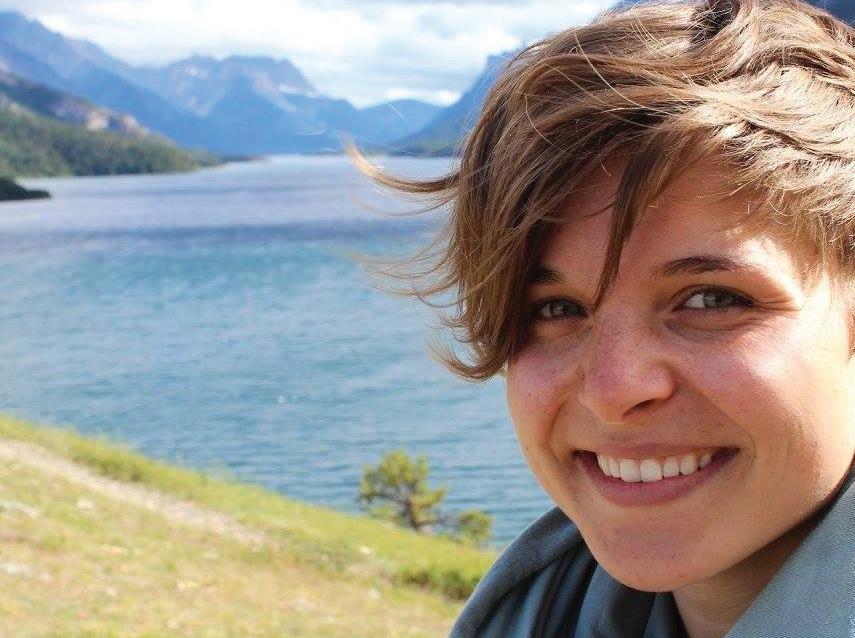
6 minute read
Timeline: Learning from Our Roots
Learning from our Roots
Key Milestone Timeline
To learn from and remember our history we’ve created a timeline of key learning milestones from Skills and the Disability community in Alberta over the last 50 years. We recognize this is a high level overview. There are so many moments and learnings that have happened and we are so grateful to all the leaders and changemakers who have made their mark and worked to support the rights and citizenship of people with disabilities over the years.
1900s
Systemic Institutionalization and Eugenics in Canada
Many people with disabilities are forced to live in institutions away from their families and community.

Key Learning
People with disabilities deserve the same rights as every other citizen. Dehumanization and oppression can emerge despite actions being well intentioned for the greater good.
1970s
Emergence of Disability Rights and Deinstitutionalization
Families speak out against institutionalization and the exclusion and negative treatment of people with disabilities.
Key Learning
Grassroot movements build and lead to change.
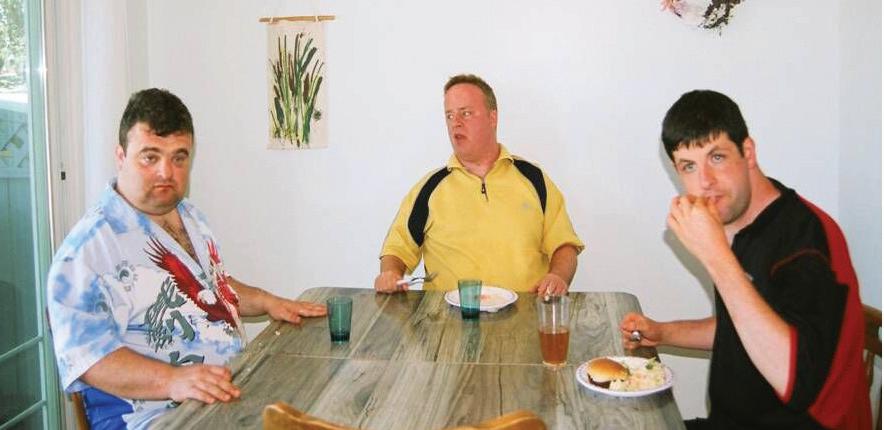
1980s
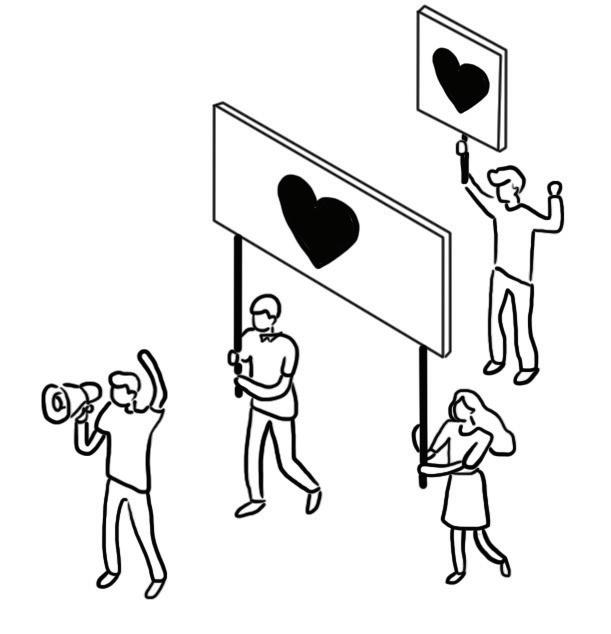
Community Living Movement
1981: Skills Society is born
Then called The Society for Knowledge in Learning Living Skills, Skills Society was started by families and was a key player in supporting people in moving from institutions to community. In the beginning Skills Society supported 25 people.
Key Learning
People deserve good lives in community filled with dignity, respect, and rights.
Exploring different support models Jewell Manor, Avenwood, Kiwanis Place
From the beginning we have strived to provide supports that are responsive to people’s needs. As we’ve learned along the way our models of support have evolved.
Key Learning
Artificial settings are not as rich for learning as real life, important to meet people where they are at.
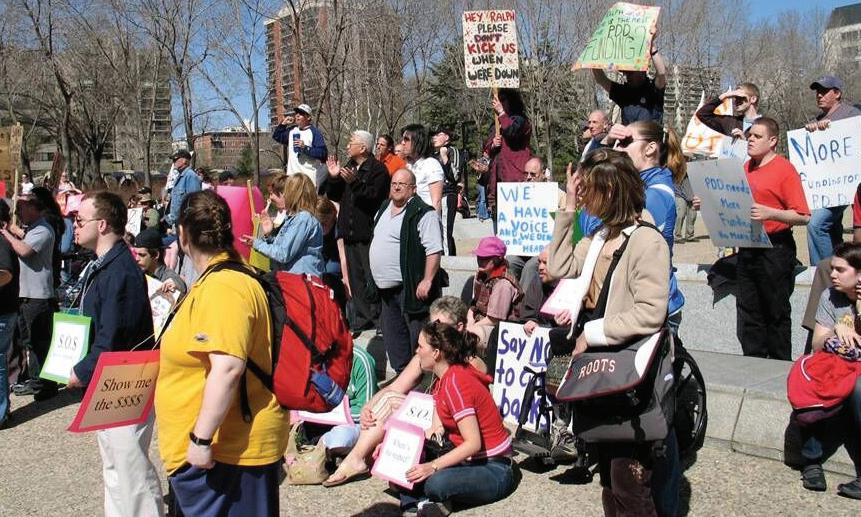
1990s
Rights and Responsibilities
Developing the “Rights We Want” Document
This document was created by people with disabilities and outlines the rights and responsibilities they want. The document continues to be foundational to our work today.
Key Learning
Everyone has rights and responsibilities. People with disabilities deserve the same rights as any other citizen.
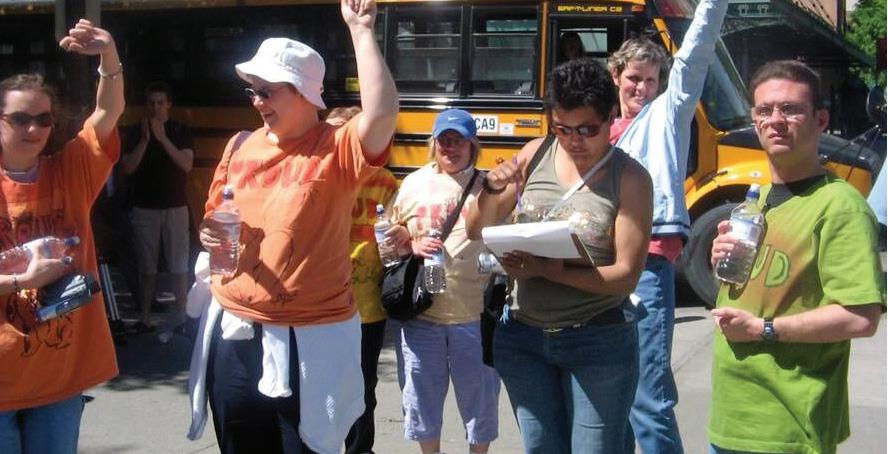
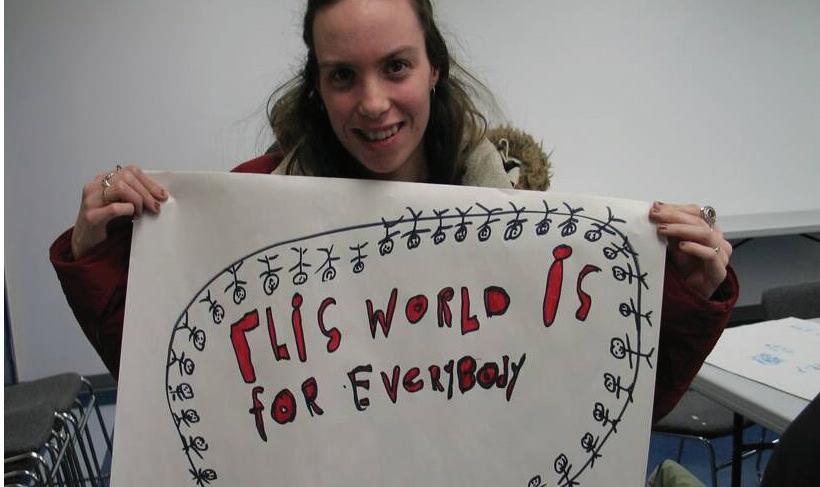
Self Advocacy Movement
People with disabilities claim their right to be recognized active citizens, coming together to organize, share stories, and advocate for social change.
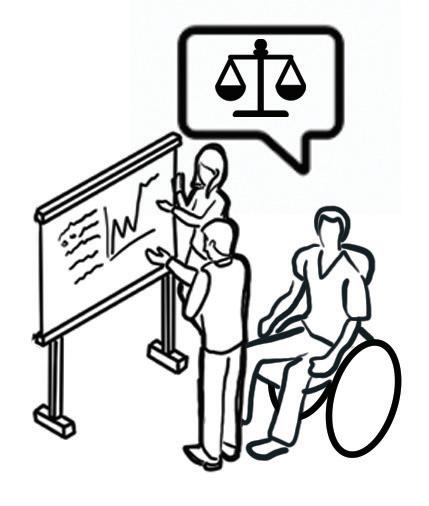
Key Learning
The good life is different for everyone. It is important to ask people with disabilities themselves what they want and envision for their life.
2000s
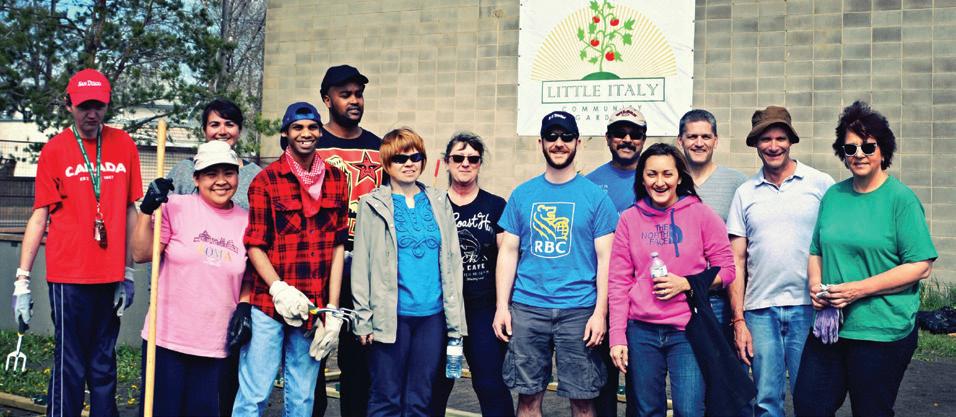
Engaged Citizenship, Art Activism, and Grassroots Community Development
Nina Haggerty Centre for the Arts
Skills Society helped launch the Nina Haggerty Centre for the Arts. A place for artists with disabilities to make their mark as engaged citizens.
Key Learning
Art and activism is an inclusive and countercultural way of change making.
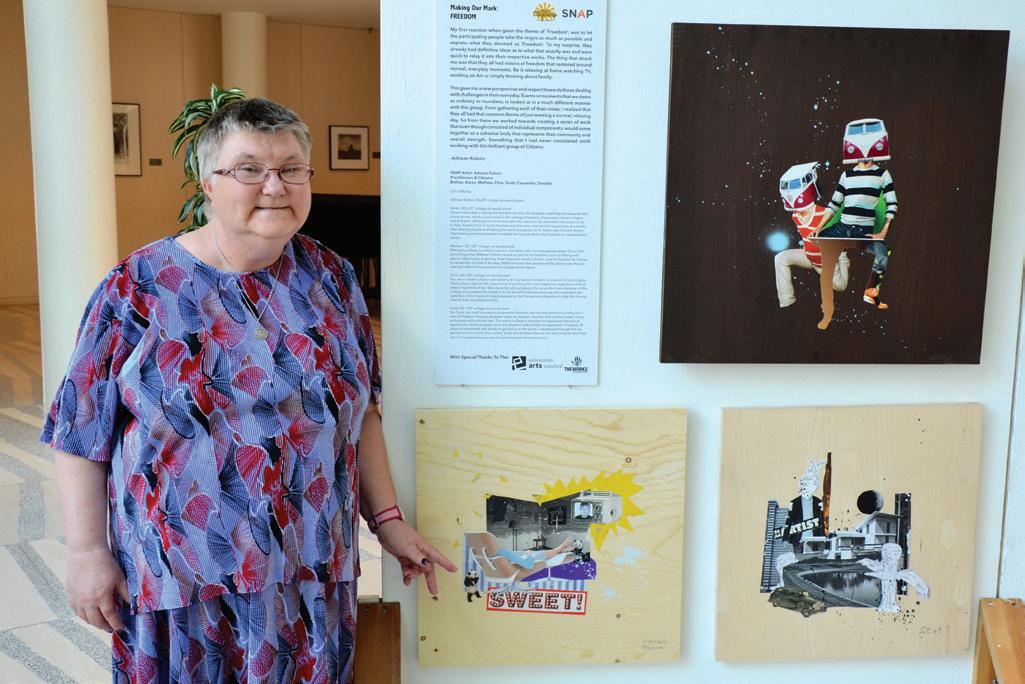
Take Six Productions & Through the Eyes of Artists Film Project
The people we support, with their allies, created short films exploring, inclusion, belonging, citizenship and rights. These projects were about creating video stories that told influential decision makers not to forget about people with disabilities and showed them important considerations from the perspectives of people with disabilities.
Key Learning
Films make stories more inclusive for folks who struggle to read and write and stories can be a powerful agent of change to elicit empathy and influence policy making.
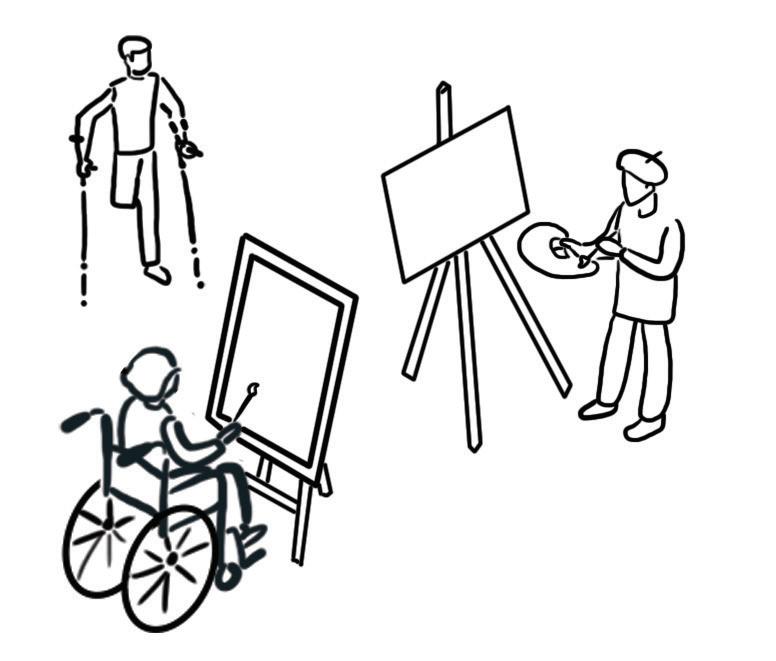
Person Centered Planning and Learning Communities
Keeping a person we support at the center of planning and decision making has been present from the start. Skills Society went deep into learning and spreading person centered practices. We created training, stewarded learning communities and action research.
Key Learning
It is important and complex work to steward meaningful goal planning and our person centred approach to planning must never be lost at Skills.
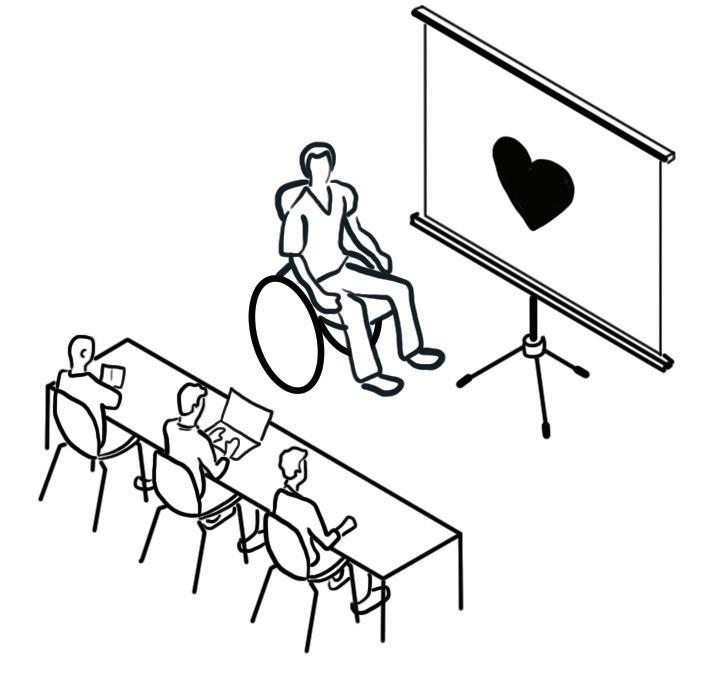
2010s
Social Innovation
Created the Senior Leader of Organizational Learning Role
This role was unique for a non-profit and helped with intentionally stewarding a robust culture of creativity and innovation in order to explore how we can continually improve our practices as an organization in order to provide better support to people and their families.
Key Learning
Innovation culture building is delicate and long game work. Need a role to help steward good ideas to emerge from anywhere within the organization.
Project Citizenship
The people we support, University of Alberta students, and staff from Skills Society came together to explore the notion of citizenship and ways to remove barriers that limit citizenship and full participation for individuals with disabilities. Begin to be recognized internationally for our work and are featured in Stanford Social Innovation Review.
Key Learning
Stories of citizenship bring an important sense of pride to folks we serve. Stories inspire, however sustained behaviour change of supports may not be nudged along by stories alone.
2010s
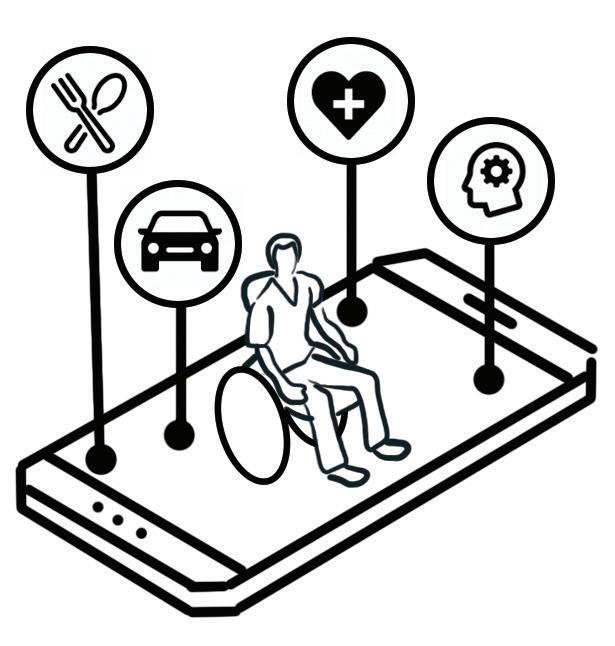
Social Innovation
Action Lab
A social enterprise of Skills Society, the Action Lab creates opportunities for creative community collaborations to tackle complex social challenges.
Key Learning
Seeking Creative Collaborations and Embracing Complexity are especially vibrant through our Action Lab. Creation of the lab was a tipping point for solidifying an innovation culture at Skills and opened up opportunities to influence systemic change making in support of marginalized populations.
MyCompass Planning
Skills Society, in partnership with others, creates a game changing social innovation that humanizes case management and improves the quality of life of people receiving supports through human service organizations.
Key Learning
Living our values and making it easier to put individuals at the helm of their lives. Designing positive interactions between staff and folks served with the aid of MyCompass can be a promising systems change tool.
Robust Training & Complex Needs Support
Skills Society invests in supporting more in depth training for employees. Funding for adequate training of supports is not enough, but Skills goes the extra mile to provide better training to employees through Mandt training, Keeping People Safe, and the creation of Skills Illustrated. Skills also creates a role that focuses on training and supporting the organization to navigate support of folks with complex needs.
Key Learning
Training like Mandt that focuses on healthy relationship building is key to systemically ensuring quality supports.
Melcor Housing Collaboration
Innovative collaboration with the YMCA to support safe and inclusive housing for people with complex needs living in the inner city of Edmonton experiencing marginalization.
Key Learning
Being part of creating innovative housing models that support community connectedness of people served and allow people to receive support when they need it on their terms, opens up improved quality of life pathways for folks with complex needs.
Mark Kingwell SKILLS SOCIETY CORE VALUE
Supporting Engaged Citizenship
David is a talented athlete, team player, and avid sports fan. As an athlete part of a competitive sports league, David regularly has the opportunity to connect with others with similar interests and take on new challenges. In February of this year, he travelled to Chicago with his EASA Storm sled hockey team to compete in the 2019 USA Hockey Sled Classic presented by the NHL. Highlights for David included playing in the rink where the Chicago Blackhawks practice and getting to know sled hockey players from all over North America.
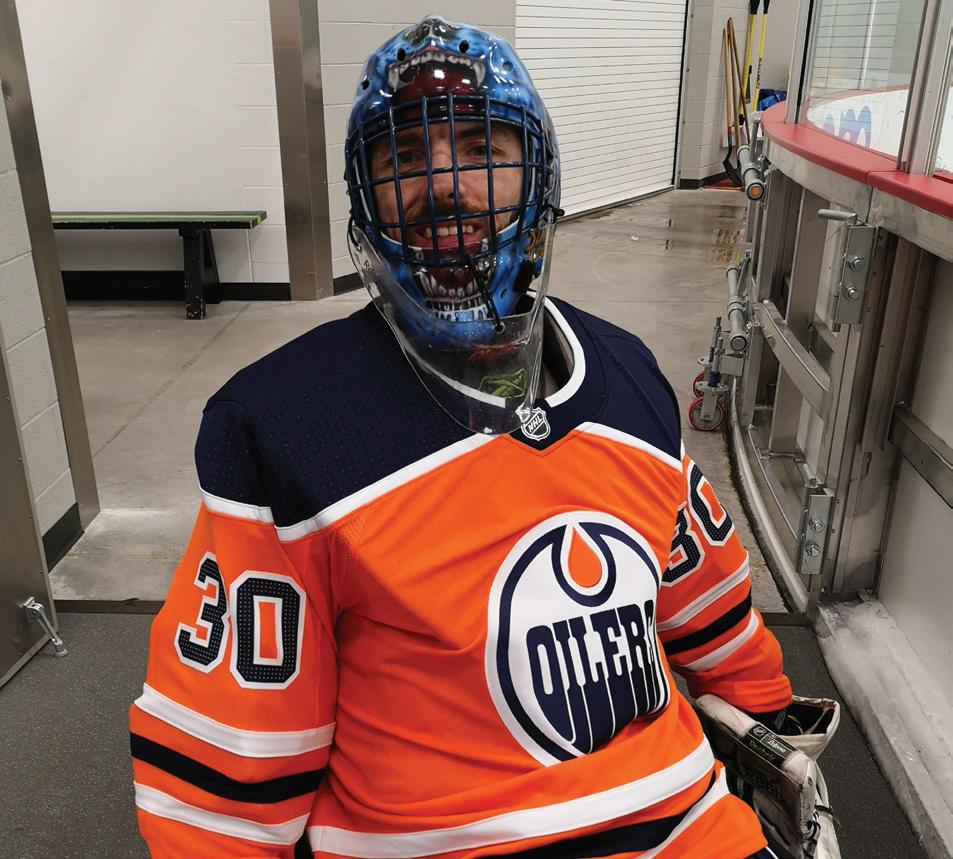
David in all his goalie gear, ready for a sled hockey game.

